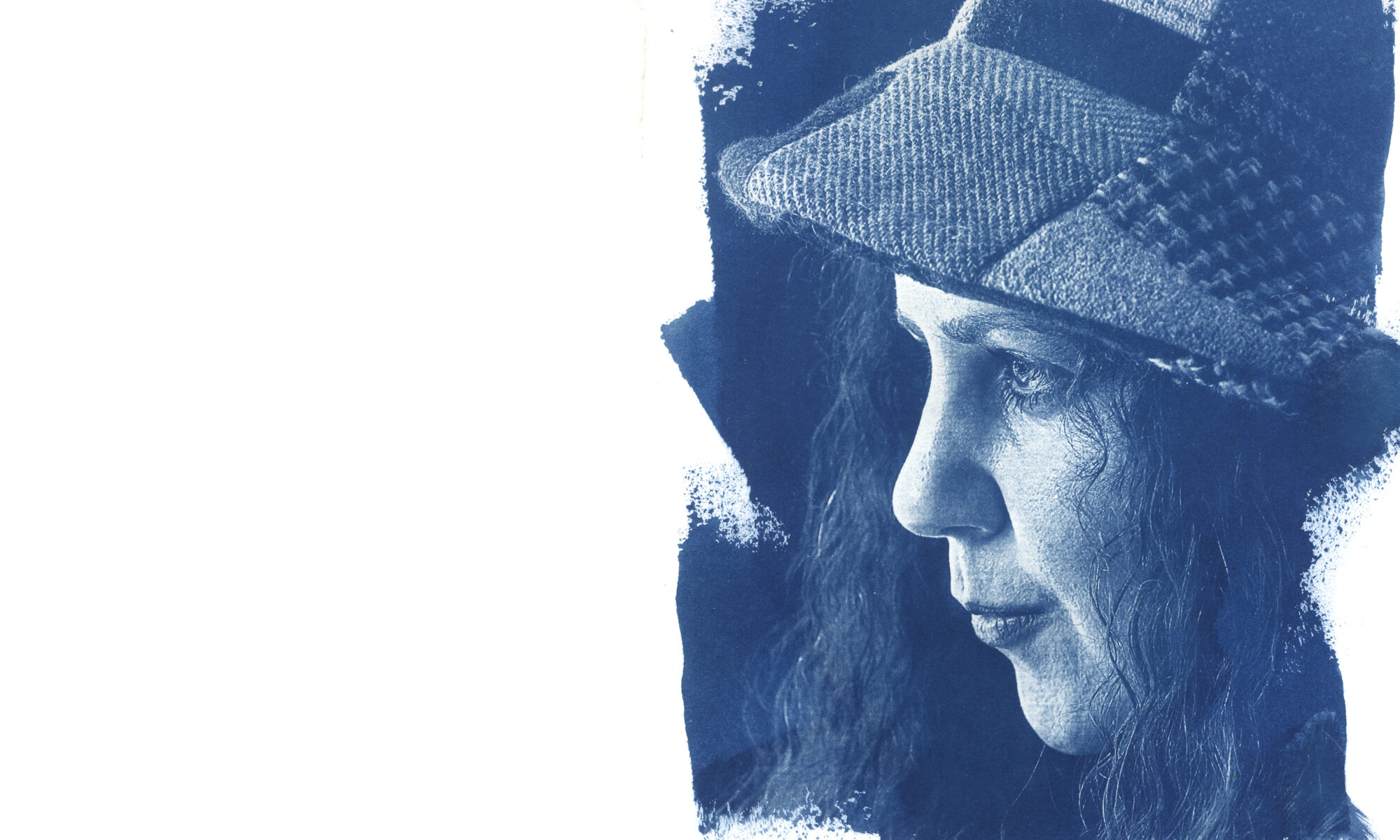(This is my piece that appears in Ireland’s Own Anthology 2020, now out of stock.)
As I banged the side of the dusty old bookcase with a broom, holes opened up as if it had been shot with tiny bullets. The books, which had been taken out of it, sat in boxes. There was an Encyclopaedia Britannica, an even more ancient dictionary. Works by Chaucer, Keats. A couple of Enid Blytons. There was no saving the home which had been theirs for fifty, perhaps sixty, years. Woodworm. The little beetles were fatal, uninvited guests.
My grandmother had known about them and she washed the walls and the stairs with poison. Yet decades later they came with the move across the Irish Sea to attempt to infest, afresh, a new young bungalow.
Over the years two faiths united and the family moved to a wetter island. I was then eight, and the bookcase linked the present with the past. We referred often to the dictionary or the encyclopaedia; this was well before the internet. Feefo, Tuppeny and Jinx; I was too old in my teens to be reading about goblins. Exotic and thrilling stories of boarding schools; the pleasures of finding out that girls in my class also wished to be in boarding school, for the midnight feasts. One could dream! Envying unchaperoned adventures – on more than one occasion it prompted us to buy a tent, but sleeping out in the back garden seemed less fun than The Famous Five had had in rural, war-time and post-war England.
We were putting down a new, wooden floor in the sitting room. The bookcase had stood in a corner, largely undisturbed for decades. Occasionally a large-bodied spider had crawled out from behind it sending a chill through whichever arachnophobe happened to be watching.
Time to let go. The bookcase would be chopped up and left to merge into an Irish field. It had already begun as two pieces. Wide drawers with a drop-leaf, and affixed atop, shelves fronted by two glass doors. I kept the key, which is big and heavy.
I turned my attention to the other antique furniture, dating from even earlier ancestry. The Singer sewing machine was a present from a young man to his fiancée on the occasion of her 21st birthday, already second-hand by their time – the Boer War. Most of them these days have had their mechanism taken off and turned into tables used in pubs, but although this one works now, it is not in immediate danger of being used by the present owners! It did not have woodworm, and so received a stay of execution. Did he go to war, this ancestral fiancé? Did she make clothes to earn a living? Some things to ask the elders… Not sure the gift of husbandry would be appreciated the same way these days… Now it is the perfect repository for photographs in frames.
The radiogram had only worked once in my living memory. It contained the one record, “My Boy Lollipop,” by Millie Small, and my mother played it to me when I was about five. I had danced around to it in delight. Willing it to work is not the same as making it work, and so it became an ornament. There is a larger record collection in a drop-leaf cabinet: Several Classical albums and Gilbert and Sullivans; a very scratched, due to childish mishandling, Planxty. “Painless Childbirth,” also badly scratched (I may have wished to prevent more siblings to compete with), and, incongruously, a Celtic FC album, marking the occasion of their winning the European Cup. Joining these are a bunch of 45s from the 1960s – Beatles, Tremeloes, Neil Sedaka – and a golden age of instrumentals: Themes to “633 Squadron,” “A Summer Place,” “The Magnificent Seven,” “Apache” by The Shadows – my favourite here is “Telstar” by The Tornados. The tragedy behind it and its haunting sound combine to give me goose bumps. A cleaning fit had resulted in the sleeves of these records being removed and thrown out long ago, which I find a pity.
These are the memories of things, things that provide a line through a century, the line between families on the same tree, a line between nations. There is faith as solid as their furniture in the one half of my ancestry, matched only by the straightforward Mass-going faith of the other. When I was very small an uncle asked me if I were Irish or English. I had not known that I was expected to choose!
“I suppose,” I said, and wondered if this were going to be acceptable; “that I am half-Irish and half-English.” Some describe this identity as “Irish Sea.” I have crossed those choppy waters many times, with safe passage provided by the God of my forebears.

